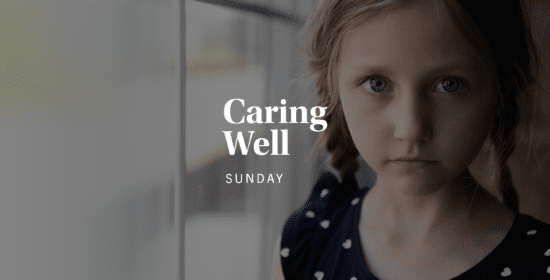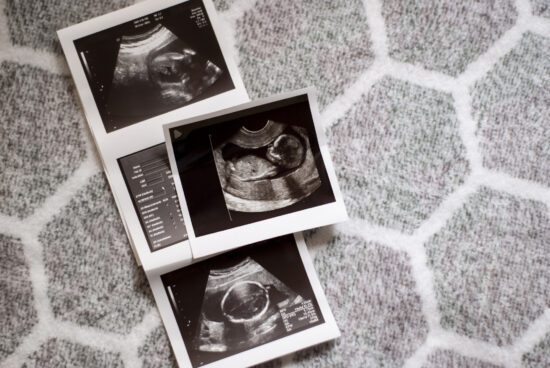In past months, scores of allegations of child sexual abuse have come to light, many for the first time. On the heels of these revelations, churches and ministries have begun to better understand that every child-serving program is at risk.
Children in the church are increasingly endangered by sexual predators whose opportunity to ensnare children elsewhere is growing smaller, while the church continues to open its doors to anyone. Because the church is grace-based, trusting, and forgiving, its preventative measures may be minimal, and abusers find easy access to children.
Child sexual abuse occurs everywhere. In the past, churches have believed the misconception that “sexual abuse doesn’t happen here,” which is inaccurate. Child sexual abuse skips no spiritual paradigm. Conservative studies indicate that 1 out of 4 girls and 1 out of 6 boys will be sexually abused before reaching 18 years of age, regardless of spiritual or socio-economic demographic.
Unfortunately, the problem is growing, and the cost to children, families, and ministries is exponential. Every study in the past decade indicates the same reality: the largest settlements paid in church or ministry contexts are related to child sexual abuse. This is the only area of law in which statutes of limitation—the time period within which a litigant must file a lawsuit—are getting longer, not shorter. In one case, for instance, a 76-year-old man sued his church related to events occurring when he was between 8 to 11 years of age. Moreover, few states have statutory limits on monetary awards that stem from child sexual abuse cases. For churches, child sexual abuse is a significant, long-term risk.
One of the surprising areas where abuse is increasing is peer-to-peer abuse. Children abusing other children has risen dramatically within the past decade. In the United States, 1 out of 3 reported cases of child sexual abuse are peer-to-peer issues. Children often repeat behavior they have experienced or see, so that even very young children may participate in sexual activity without understanding it. In one large metropolitan congregation, a young boy who had been abused by a family member fondled a young girl on the church playground while children's ministry staff members sat nearby.
In addition, common prevention methods are not enough to prevent child abuse. For example, “matching tags” do not solve the problem because these systems rely on the concept of “Stranger Danger.” This is not an effective preventative protocol, because 90 percent of children are victimized by someone they know and trust. The child check-in system was simply not designed to address the risk of child sexual abuse.
Furthermore, criminal background checks are no “silver bullet” because less than 10 percent of sexual abusers will encounter the criminal justice system, ever. Background checks alone cannot eliminate risk, but they can provide useful information when used effectively. Beyond criminal background checks, ministries must learn to screen using questions that are meant to elicit a high-risk response in applications, interviews, and reference queries.
The importance of training
In light of all this, the single most important step a church can take is to train child-serving staff members to understand the problem. Ministries cannot address a risk that staff members and volunteers do not understand. When staff members and volunteers have an awareness of the basic characteristics of a sexual abuser, the process by which an abuser picks and prepares a child for abuse, and key indicators of child sexual abuse, they are better equipped to recognize and prevent abuse in ministry programs.
Prevention requires a system of protection: there is no stand-alone safety protocol. An effective Safety System includes:
- Sexual Abuse Awareness Training that equips staff members and volunteers with a better understanding of the characteristics, grooming process, and common grooming behaviors of sexual offenders.
- Skillful Screening that utilizes screening forms and processes meant to elicit a high-risk response, thereby keeping the wolf out of the sheep pen. Skillful screening requires training of intake coordinators and interviewers, providing them with information and tools to recognize high-risk responses on applications, reference forms, or during an interview.
- Appropriate Criminal Background Checks alone cannot eliminate child sexual abuse risk but can be a helpful tool when used effectively. For each staff member or volunteer, the depth of a criminal background check should be determined by the extent of direct contact with children.
- Tailored Policies and Procedures that illustrate a ministry’s reasonable efforts to address the risk of child sexual abuse. Policies should be succinct, understandable, and tailored to ministry programs. Remember, policies are what you do, not what you say you do.
- Monitoring and Oversight that undertakes a periodic review of safety system elements, evaluates new programs, and addresses the ongoing need for policy updates.
Where child protection is concerned, ministries must strive to remain aware of rising standards of care, so they are not left behind as alterations in state and federal law and industry standards continue to change. Furthermore, we must do everything we can to ensure that the children in our care are protected and don’t become a part of today’s tragic statistics.
Editor’s Note: This writing is the intellectual property of Love & Norris, attorneys at law, and may not be used to promote any product or service without written permission from Kimberlee Norris or Gregory Love.










